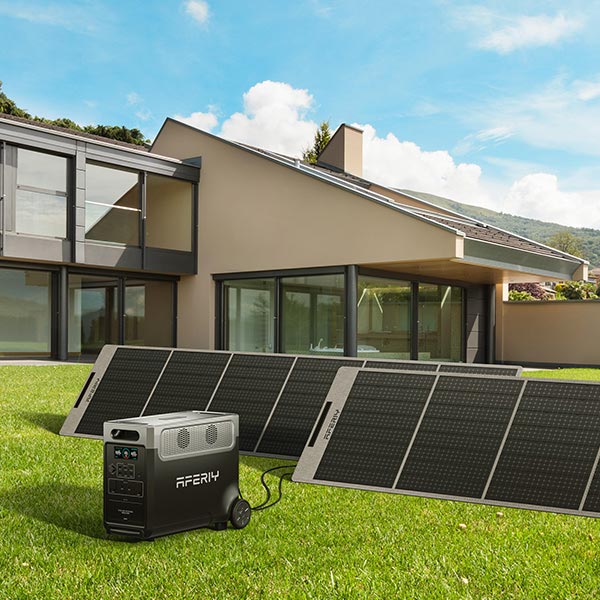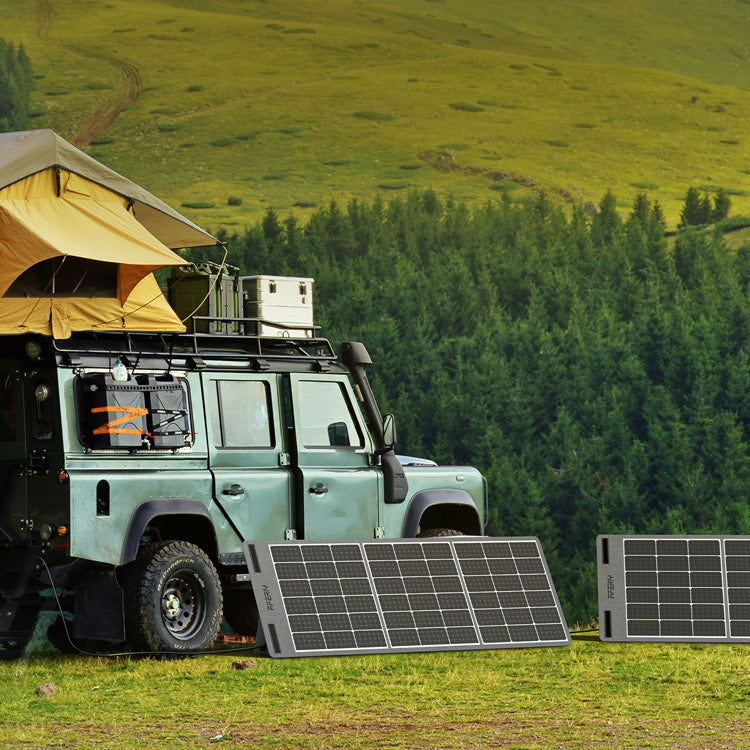How to Prepare for a Wildfire in 2023
Early this month, a chain of wildfires broke out in Hawaii, most of which are on the island of Maui. These fires, fueled by strong winds, led to the evacuation of residents and resulted in extensive destruction. Tragically, the fires claimed the lives of at least 115 individuals and left 388 others unaccounted for in the town of Lāhainā.
Months from June to August are commonly acknowledged to be peak months that wildfires are likely to occur. These devastating natural disasters can spread rapidly, destroying everything in their path and posing significant risks to human life. Therefore, it is crucial to be well-prepared and informed on how to stay safe during a wildfire.
In this article, we will outline essential steps to help you prepare for a wildfire and provide crucial safety measures to follow during such an event.
Before a Wildfire
- Understanding Wildfires and Their Causes
Before delving into preparation and safety measures, it is important to understand what causes wildfires and how they behave. Wildfires can occur naturally, triggered by lightning strikes, or through human activities such as unattended campfires, discarded cigarettes, or arson. They spread rapidly due to dry vegetation, strong winds, and topography. By understanding these factors, we can better prepare ourselves and mitigate risks.
- Create a Defensible Space
Creating a defensible space around your property is a vital step in wildfire preparedness. This involves clearing flammable materials and vegetation from the immediate vicinity of your home. Start by removing dead leaves, dry grass, and fallen branches from your yard, roof, and gutters. Trim tree branches that overhang your house and maintain a safe distance between trees and other structures. Additionally, consider using fire-resistant materials for your roof, siding, and windows.
- Develop an Emergency Evacuation Plan
Preparing an emergency evacuation plan is crucial to ensure the safety of yourself and your family during a wildfire. Identify multiple evacuation routes and establish a meeting point away from the affected area. Share this plan with all household members and practice it regularly to ensure everyone knows what to do in case of an emergency. Keep important documents, medications, and emergency supplies in a readily accessible location, such as a "go bag" or emergency kit.
- Stay Informed
Staying informed about the current wildfire situation is essential for your safety. Sign up for emergency alerts and notifications from local authorities. Monitor local news channels, radio stations, and social media platforms for updates on the fire's progression and evacuation orders. It is crucial to act promptly and follow the instructions of emergency management agencies.
- Prepare an Emergency Kit
Having an emergency kit ready can make a significant difference during a wildfire evacuation. Ensure your emergency kit includes essential items such as:
- Non-perishable food and water for at least three days
- Medications and a first aid kit
- Flashlights, batteries, and a portable radio
- Extra clothing and sturdy shoes
- Personal hygiene items and sanitation supplies
- Important documents, including identification, insurance policies, and contact information
- Cash and credit cards
- N95 masks to protect against smoke inhalation
- Invest in Backup Power Source

Having reliable power source is essential during a wildfire, that's where portable power stations kick in. They provide a robust source of electricity when the main power grid is compromised or shut down due to the wildfire. This allows you to continue using essential appliances and devices such as refrigerators, fans, and communication devices, ensuring comfort and safety.
Additionally, a portable power station enables you to charge your mobile phones, which are crucial for staying connected with emergency services, receiving updates, and contacting your families or partners. It can also power medical equipment, ensuring those with health conditions have access to the necessary devices and treatments. Another thing crucial during a wildfire is to get lighting during the night, commonly every portable power station's built with lighting, enhancing visibility and reducing the risk of accidents or injuries.
- Protecting Your Home
When a wildfire is approaching, there are several additional steps you can take to protect your home:
- Close all windows and doors to prevent embers from entering your house.
- Shut off natural gas, propane, and fuel oil supplies.
- Move flammable furniture, curtains, and other items away from windows and walls.
- Fill large containers with water for firefighting purposes.
- Connect garden hoses and fill any pools or tubs with water.
- Block vents with pre-cut plywood or commercial seals to prevent embers from entering your home.
During a wildfire
If you find yourself in the vicinity of an active wildfire, take the following precautions:
- Stay indoors and keep all windows and doors closed.
- Turn off air conditioning units to prevent smoke from entering your home.
- Keep the radio or television on for updates.
- If you are caught outside, seek shelter in a cleared area, away from trees, shrubs, and dry grass.
- Cover your nose and mouth with a damp cloth to protect against smoke inhalation.
- Avoid low-lying areas where smoke may accumulate.
- Do not use water sources, such as rivers or lakes, to escape the fire as they may be contaminated or too dangerous to cross.
After a Wildfire
Once the wildfire has passed, it is important to remain cautious and follow these guidelines:
- Wait for official clearance before returning home.
- Be aware of hazards such as hot spots, weakened structures, and falling debris.
- Check for any signs of damage or embers that could reignite.
- Contact your insurance company to begin the claims process if your property has been affected.
- Be mindful of the emotional toll a wildfire can have on individuals and seek support if needed.
Conclusion
While wildfires can be devastating, being well-prepared and informed can significantly increase your chances of staying safe. By creating a defensible space, developing an emergency evacuation plan, staying informed, and following safety measures during and after a wildfire, you can protect yourself, your loved ones, and your property. Remember, your safety should always be the top priority.












Leave a comment
Please note, comments need to be approved before they are published.